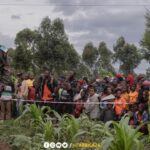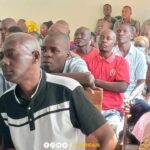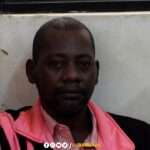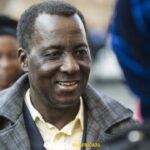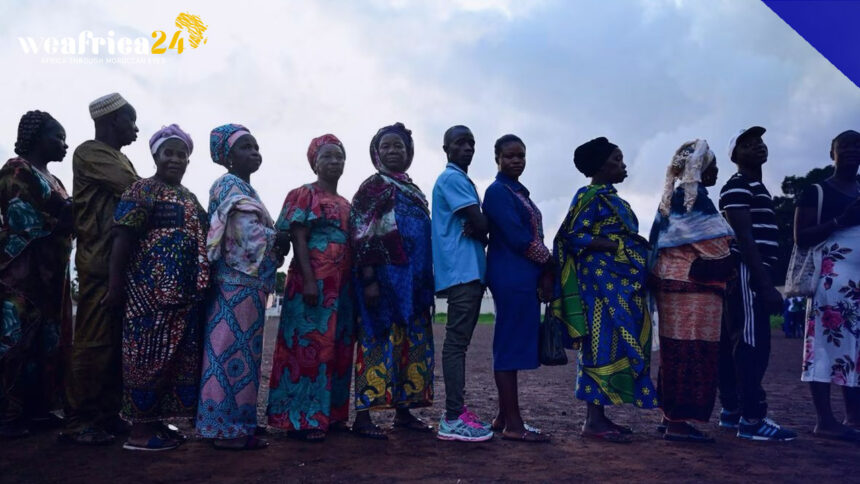Sierra Leone witnessed the commencement of a national election on Saturday, wherein the main opposition party aims to leverage the prevailing frustration among the public due to profound economic hardships, to thwart President Julius Maada Bio’s re-election aspirations.
Anticipated voter turnout for the presidential and legislative ballot stands at approximately 3.4 million individuals, as the campaign leading up to the election has been marred by heightened tensions. These tensions have resulted in the cancellation of rallies during the final stages and notable clashes at an opposition gathering that took place on Wednesday.
President Julius Maada Bio, aged 59, is seeking re-election for a second term, facing a total of 12 opponents in the electoral race. The contest is predicted to be closely contested between the incumbent president and his main rival, Samura Kamara of the All People’s Congress (APC), the primary opposition party. It is worth noting that Kamara narrowly missed out on victory to Bio in the previous election held in 2018.
In recent history, Sierra Leone has not witnessed an incumbent leader losing the presidency while in office. However, the All People’s Congress (APC) party is banking on the persistent cost-of-living crisis to potentially sway the outcome in their favor. The country has faced significant economic challenges, with inflation reaching its highest point in over 20 years in 2022, accompanied by a sharp depreciation of the national currency, the Leone, by 60% in value. These economic factors have provided the APC with an opportunity to leverage public sentiment during the election.
At a polling station situated in a hilltop district of the capital city Freetown, a considerable number of individuals patiently queued in lines that stretched for hundreds. Among them was Abu Koroma, a 23-year-old first-time voter, who demonstrated his commitment by arriving in the darkness of the early morning, two hours before the opening of the polls.
The present economic downturn has halted the aspirations for economic advancement that emerged in the aftermath of the devastating Ebola epidemic, which reached its peak in 2014, as well as the civil war that occurred between 1991 and 2002. Widespread underemployment continues to persist, with more than half of the population living in poverty, as reported by the World Bank. These sobering statistics highlight the significant challenges faced by Sierra Leone in its pursuit of economic progress.
The occurrence of unusually violent protests in the previous year, sparked by escalating prices, has instilled concerns regarding potential political unrest. Both President Bio and Kamara have reported isolated attacks on their respective supporters in the lead-up to election day. Moreover, the questioning of the independence of election officials by the APC in recent times has further heightened tensions surrounding the electoral process. These developments underscore the delicate and apprehensive atmosphere surrounding the elections.



